NUHA blogging prize 2014
Deadline for Tanzanians: 10am on Monday 13th October.
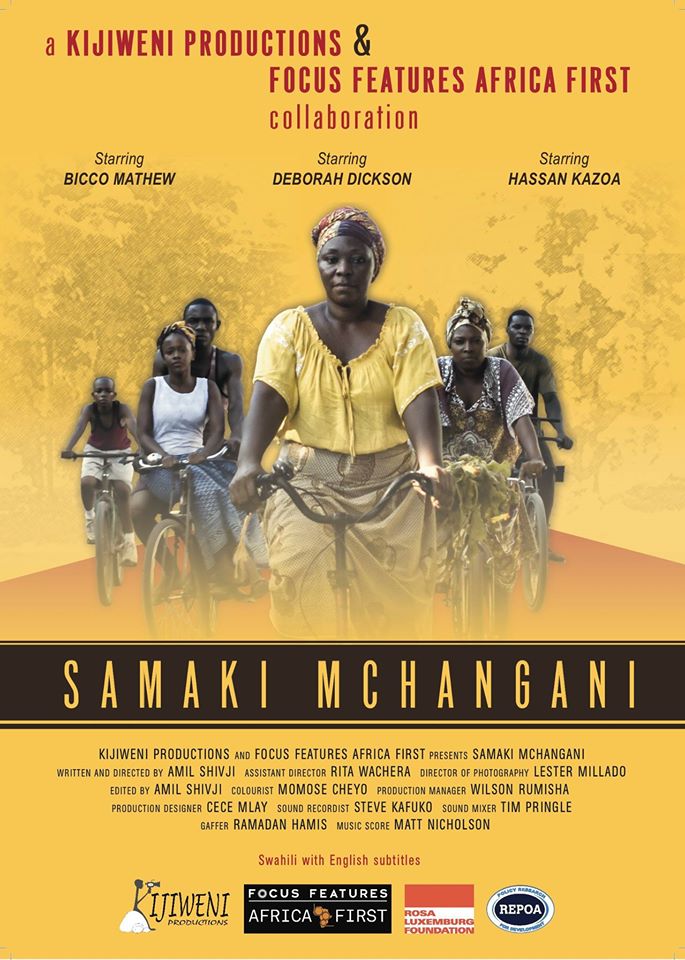
Today, a new short film by Kijiweni Productions was launched, Samaki Mchangani. Here’s our discussion on the newest release.
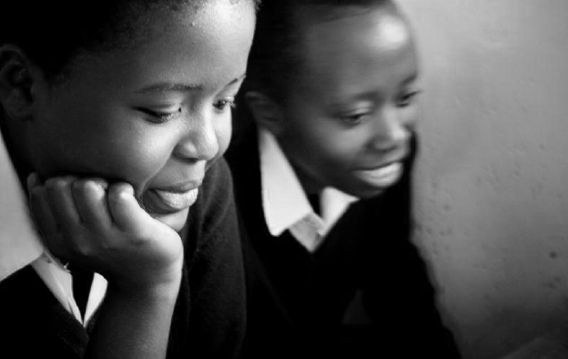
The School Enterprise Challenge is an international business competition that seeks to support tomorrow’s entrepreneurs.

Last year, the Miles Morland Foundation awarded three writing scholarships to authors who were establishing themselves. The purpose of the…

“We need systems of governance that take into account community input regarding any major development sponsored by the state.”
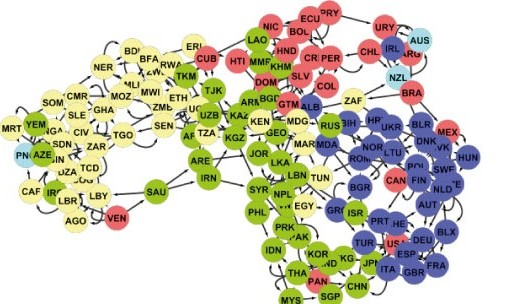
Laterite is a research firm currently operating in Rwanda, Malawi and Burundi. It is primarily run by young people, so…
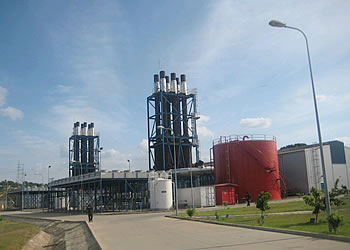
Reason number 1: Rationing reduces citizens’ productivity.
25 entrepreneurs across Africa have been shortlisted for the Anzisha Prize. 10 of them are East African.

“I think when people get to the basics of issues without camouflage, they become efficient.”
In this post, we tell you about two exciting programs from the Growth Hub that aim to support entrepreneurs with their startups. Earliest deadline is July 15.
In lieu of challenges raised in recent discussions about both the OAU golden jubilee and Tanzania’s draft constitution, this post will suggest how information is a key driver of cooperation.
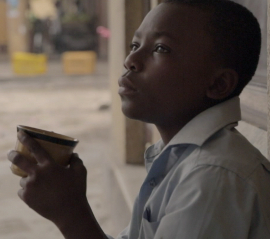
“As a child character who has yet to be exposed to all the contradictions, politics and desires of Dar-es-Salaam city, [Tambwe] is literally in the buffer zone. He is neither victim nor victor.”

NUHA Foundation has announced its third annual blogging prize competition. Entries due by 6th October 2013.
There is less than a week remaining for young entrepreneurs on the African continent to enter the
prestigious Anzisha Prize.

For the first time since the Woman Scream movement started, Tanzania is taking part in organizing this festival in the country, starting with Dar-es-Salaam. First Scream happens tomorrow (March 7), 6.30pm at Nyumbani Lounge.
Our latest interview is with the Program Manager of the African Leadership Academy, Chidinma, who manages the Anzisha Prize and who is also Chinua Achebe’s grand niece!
The KINU Innovation Center is hosting a discussion on venture capital – the first of its kind – today Monday 18th February at 7:00pm at the KINU headquarters.
We recently had a chance to interview Marika Mura, a PhD candidate (University of Warwick) who is focusing on food security and farmers perspectives in Tanzania.

The questions we are asking ourselves moving forward are: How do we organize ourselves such that we can produce offline content as well? With what means can we support content collection and creation for the longer term? And, most importantly, what kind of discussion do young people want to get involved with in Tanzania and greater East Africa?

I propose that print media will be around as long as two characteristics cannot be replicated by digital technology. The first characteristic is the page. The second is the freedom to write onto print media in any way you want.
The podcasts aim to examine past, present and future regional challenges via interviews with stakeholders hosted by Ahmed Salim.
The funded trip will focus on examining child survival from February 17-27, 2013 and priority is being given to applicants from select countries, including Tanzania.

Different data will tell different things. How deep do stories about data get? What exactly can we learn from data?
Who wants to get things done these days? Especially in Tanzania? This land has equatorial weather. It deserves to be enjoyed like our ancestor Lucy enjoyed it. Our primary goal is to lessen peoples’ productivity so we can all sit around and appreciate basic nothingness.
Most voters expressed that, in some ways, doctors can work with traditional healers. What ways might these be?
Technology is all about development and making everyday tasks easier. But we need to clear out our human cache memory because development is not always about technology.
The conference comes at a time during which there is “growing emphasis on youth as both victims and perpetrators of violence” and when violence “has become an accepted component of young people’s social interactions”.

